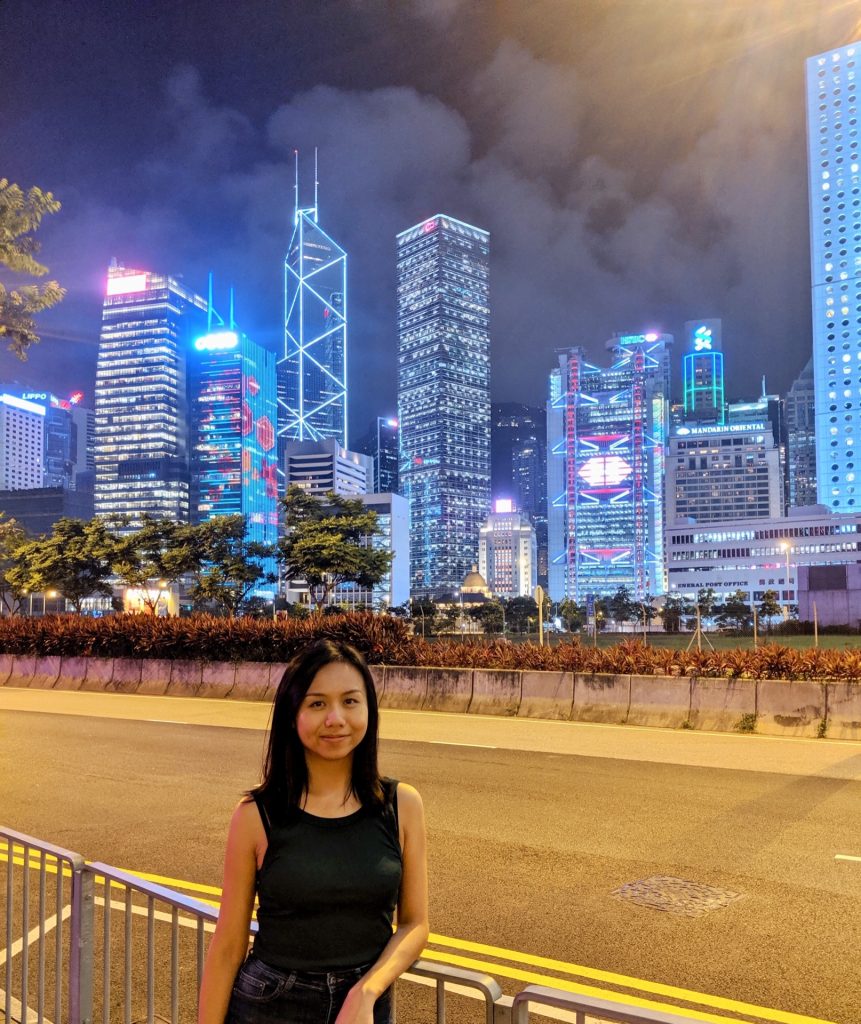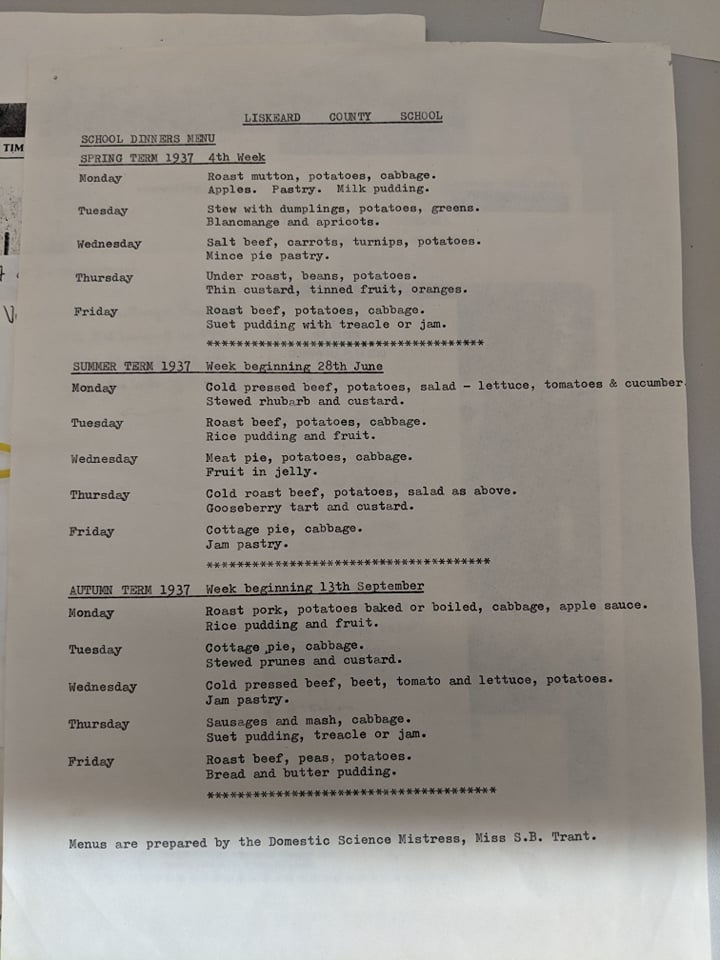In the latest in our running series on historians in the department, we hear from Vivian Kong, Lecturer in Modern Chinese History. Her research to date has focused largely on interwar Hong Kong, especially on how the city’s global connections and multiethnic urban setting shaped the identity politics and social dynamics there.
Hi, Vivian, thanks so much for joining us! Can we start by asking: what are you working on? What’s it about?
I am now completing a book entitled Multiracial Britishness: Global Networks in Hong Kong, 1910-45, which is adapted from my PhD thesis. In the book, I use Hong Kong as a case study to highlight the diversity of ‘races’ that lived in the British Empire, and how such diversity enriched and complicated notions of Britishness. I use Chinese- and English- language archival records, autobiographical writings, and oral history to explore how residents of different races understood the multivalent concept of being British. The book explains when, why, and how one would engage with the civic sensibilities, material benefits, and legal entitlements of being British. It also examines how the global dispersal of cosmopolitan ideals and rising nationalism shaped the development of Britishness in the interwar years.
That’s really interesting. So, how did you become interested in the topic of Britishness?
When I first started my PhD, I thought I’d be writing a thesis on the British community in interwar Hong Kong. But the more I read, the more I realized what being British meant was a question of political, legal, and media debate and dispute, especially for a multiracial colony like Hong Kong.
That I moved to the UK for my PhD in September 2015 also mattered too. The Brexit debates and Britain’s increasing turn inwards during the past few years pushed me to see that the meaning of Britishness is still a question of debate and dispute. It also made me ponder at what points one form of Britishness might be more relevant than another. This all made me become more interested in the question of what being British means…
…the rest, as one might say, is history!
What is the importance of Multiracial Britishness today?
While we’d like to think Britishness is less racially defined than in the timeframe of my book (1910-45), questions such as what British values are and who gets to be British are still being asked and contested often enough in public discussion. Seeing how Britishness existed in multiple, varied forms in colonial Hong Kong, where whiteness was supposed to matter most, gives us insights in thinking about what it means to be British today.
The book, in showing how colonial subjects embraced, used, and remade conceptions of Britishness based on their needs and experiences, also reminds us that Britishness meant much more than whiteness. Being British was not only the monopoly of those who were white and/or from the British Isles. Complex multivalent interpretations of Britishness by colonial subjects are just as important to understanding and defining Britishness and imperial culture as those made by the ‘colonisers’. It also helps us appreciate not only the compatibility of Britishness with other existing identities, but also the issues many face as they engage with Britishness.
Multiracial Britishness also helps us understand more about Hong Kong today . Even as the ‘handover’ in 1997 marked the end of British colonial rule over the city, Britishness still matters to many Hong Kongers.
In summer 2020 the UK government announced a new pathway for Hong Kong residents who hold the British Nationality (Overseas) passports to settle in the UK with their dependents. My book reminds readers of the long history of engagement that Hong Kongers have made with Britishness, and also, sadly, how racism had at times obstructed such engagements. It offers us timely insight into the historic course of Hong Kong’s social development, and Britain’s commitment to Hong Kong and its citizens.
What advice would you give to a student interested in Hong Kong history
As someone who’s committed to study Hong Kong history from a global approach, I’d say read widely and make sure you read beyond Hong Kong history. Given the city’s global connections, there’s no way we can understand its development and social dynamics comprehensively without contextualizing the city within wider socio-political trends.
What’s the most interesting thing you’ve read in the last twelve months?
It’s very hard to decide on one! I have two: one book and one archival document.
There is the wonderful book, The Disappearance of Lydia Harvey, by Julia Laite. Very well-written and what an inspiring and innovative work!
The other is a school dinners menu I came across by chance in Kresen Kernow during my research trip to Cornwall this summer. It listed out the meals that the school pupils were getting in 1937. This has nothing to do with what I went to the archives for – but I love how it gives me some insight into the day-to-day life at the time, and also how the pupils of the Liskeard County School in 1937 had a very potatoes-heavy diet!
What’s your must-do Bristol experience/activity?
Get fish-n-chips from Clifton Fish Bar and eat it on the lawn near the Clifton Observatory with the Suspension Bridge in view. That’s where you’d usually find me on Saturday afternoons in summer.
What are you working on next?
A book about a Eurasian woman, and the web of family relationships she had in Britain, Hong Kong, China, and Singapore… Born in late 19th century Hong Kong, the protagonist had quite an eventful life. She moved to Cornwall at the age of 10. She was an award-winning artist and photographer in her early 20s, a V.A.D nurse during WW1, and a hotel and boarding house owner in interwar London. In 1937, under suspicion of brothel keeping, she and her husband were deported to Hong Kong, from where they moved to Singapore to join her in-laws.
The book will follow her and her family’s life journeys, and examine their connections with colonial policing in Hong Kong, Christianity in Republican China, overseas Chinese diasporas, and London’s interwar economy. It will explore racial politics, womanhood, and the meaning of respectability in the twentieth century.
We can’t wait! Thanks for taking the time to talk to us, Vivian.


